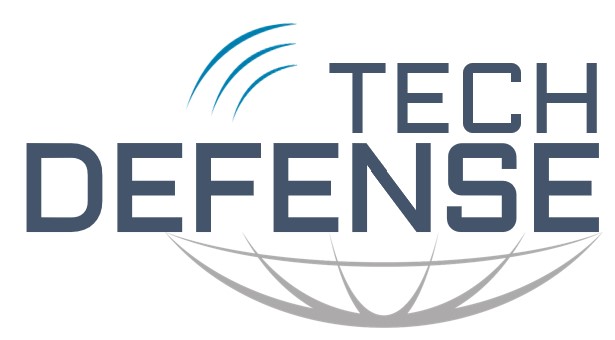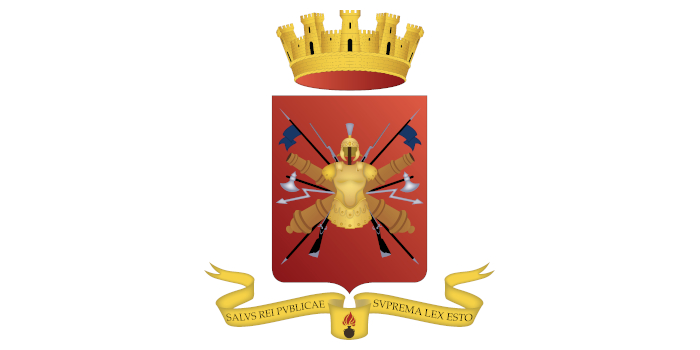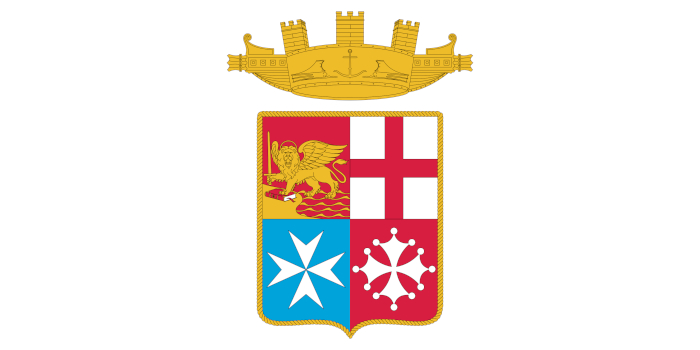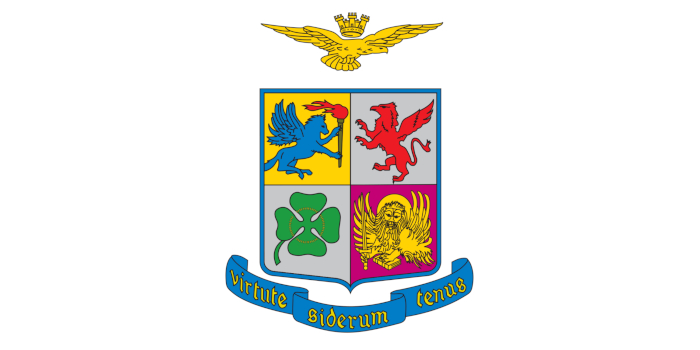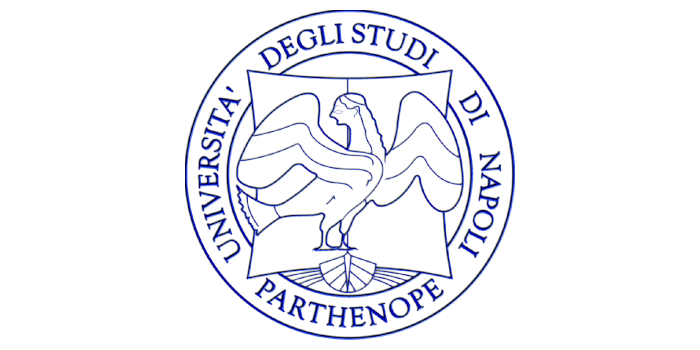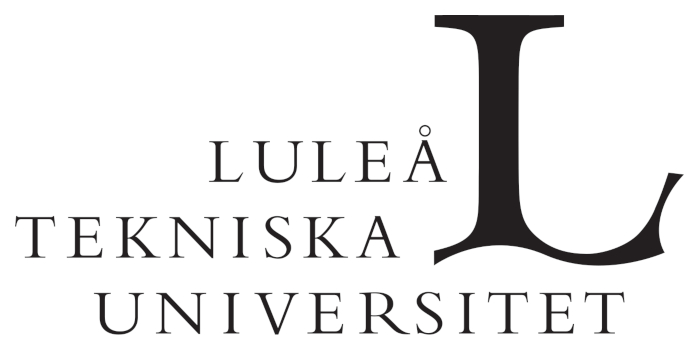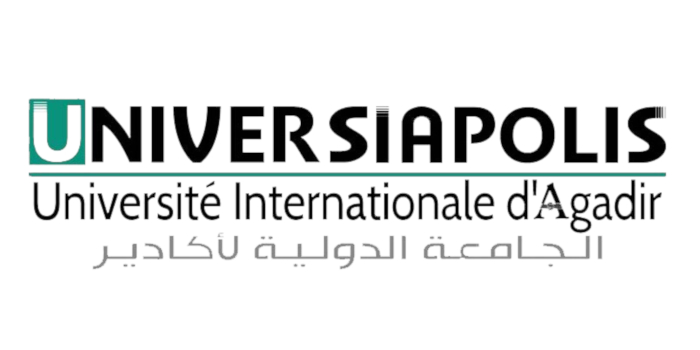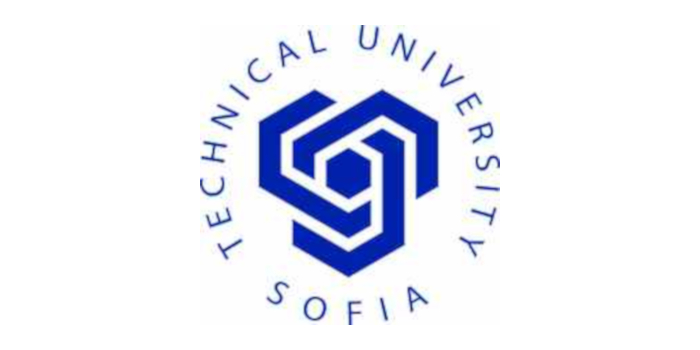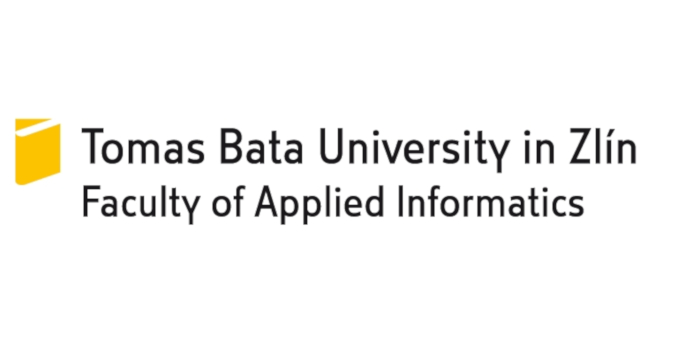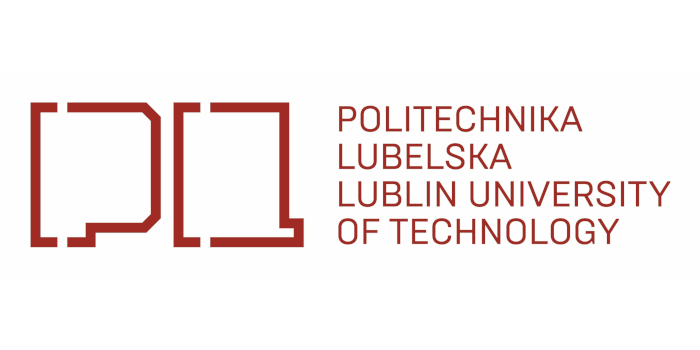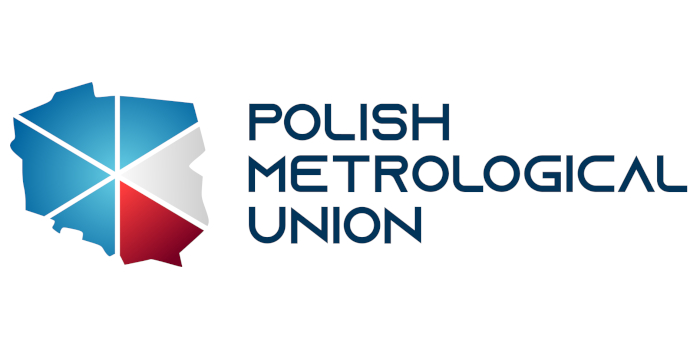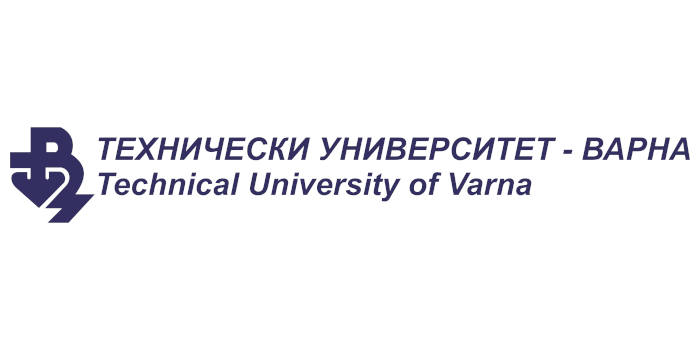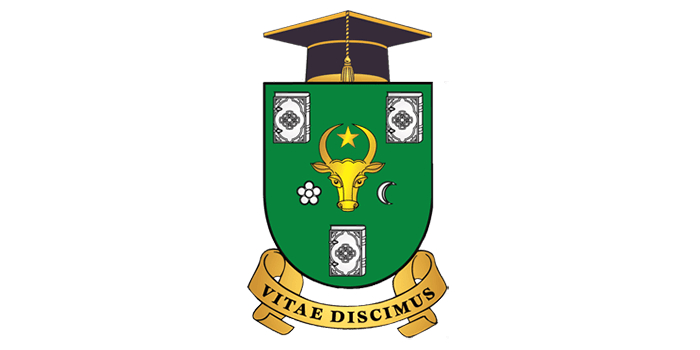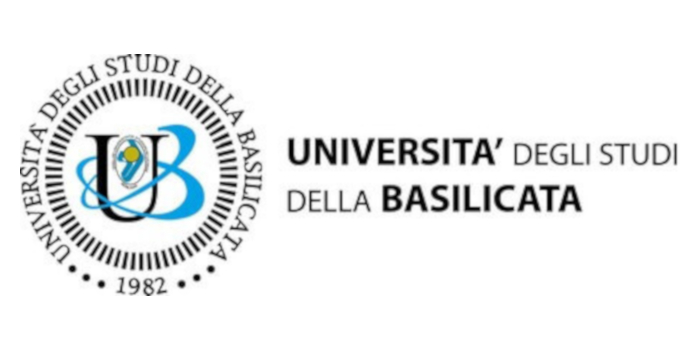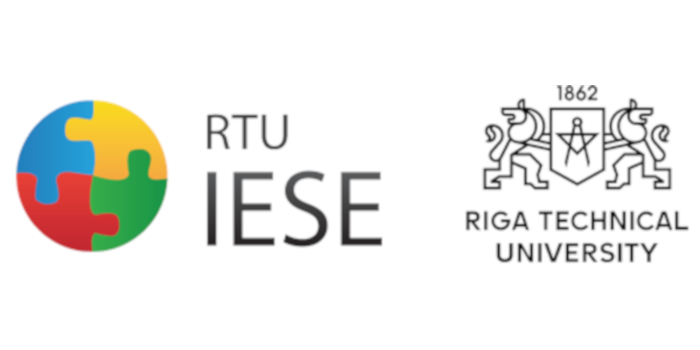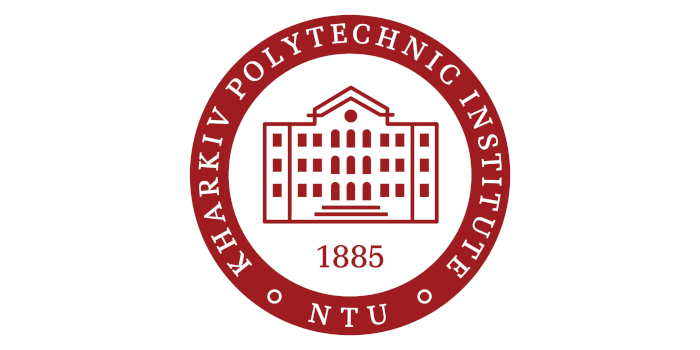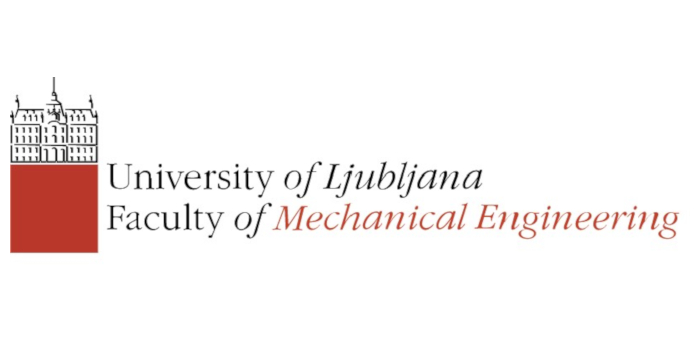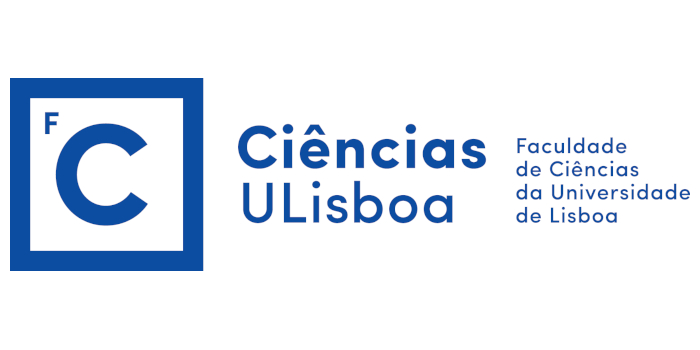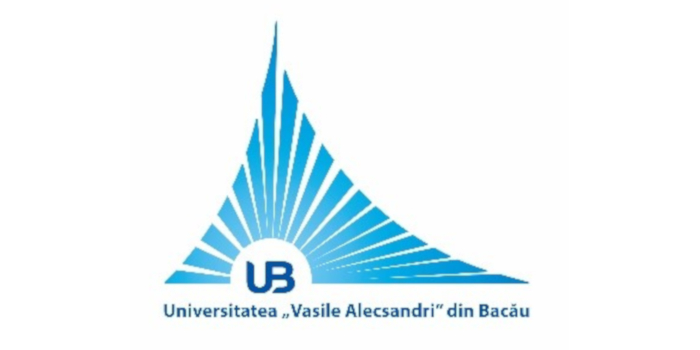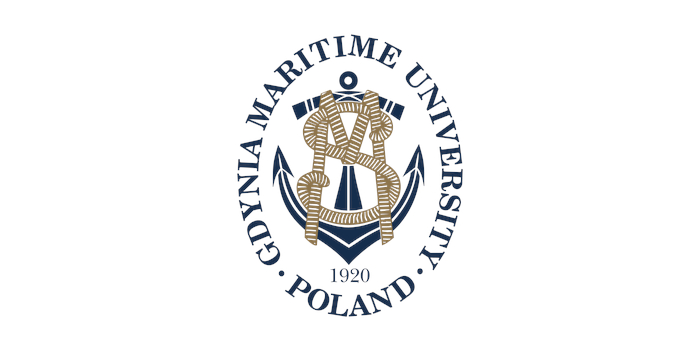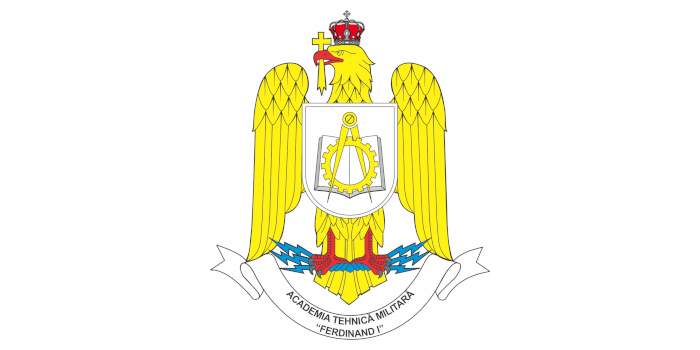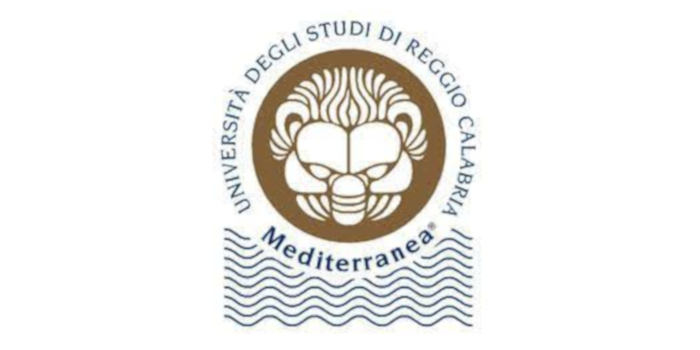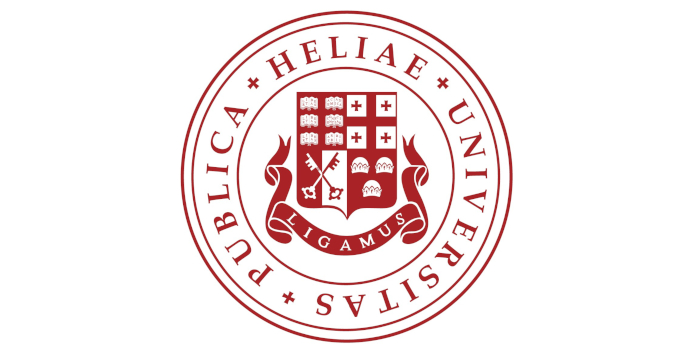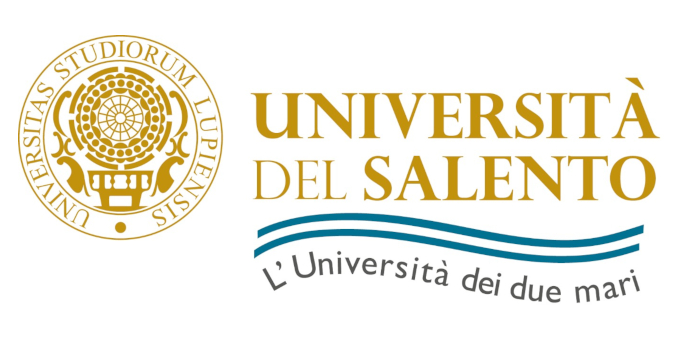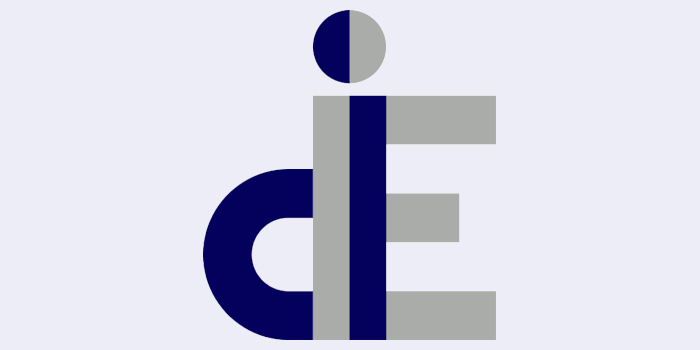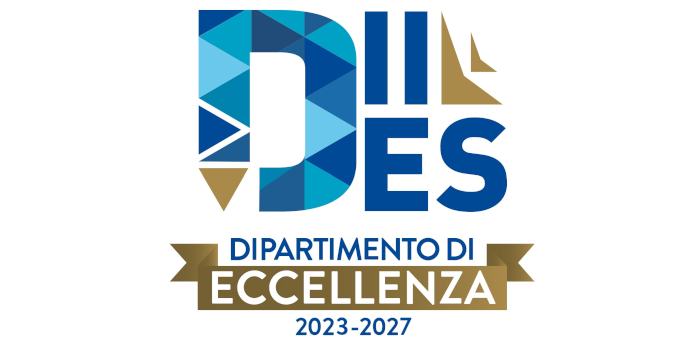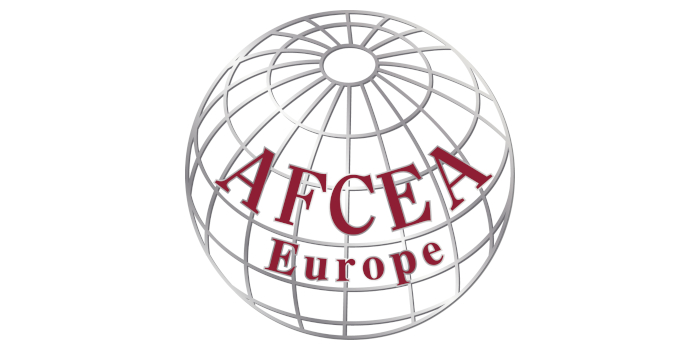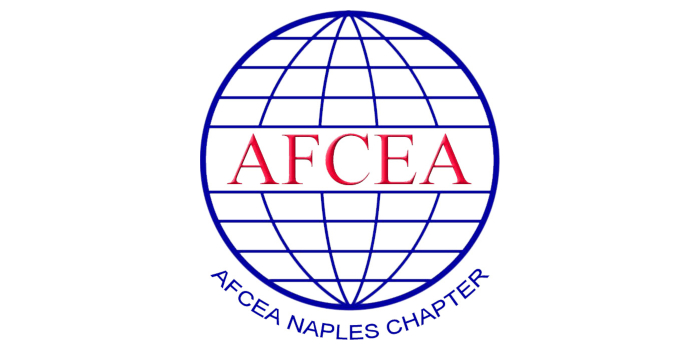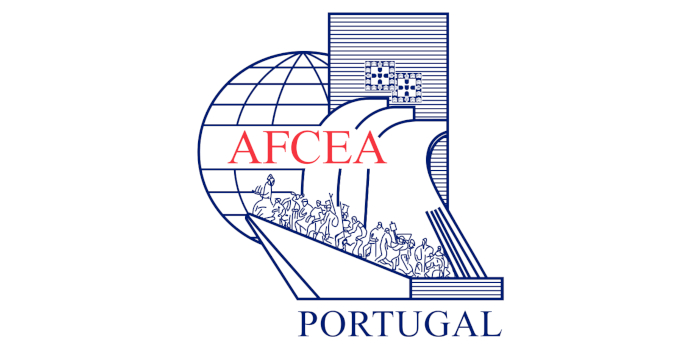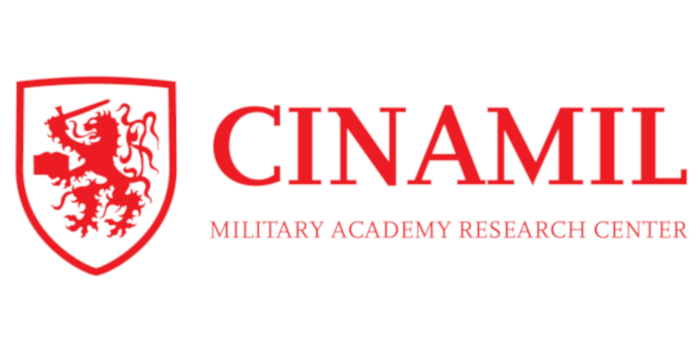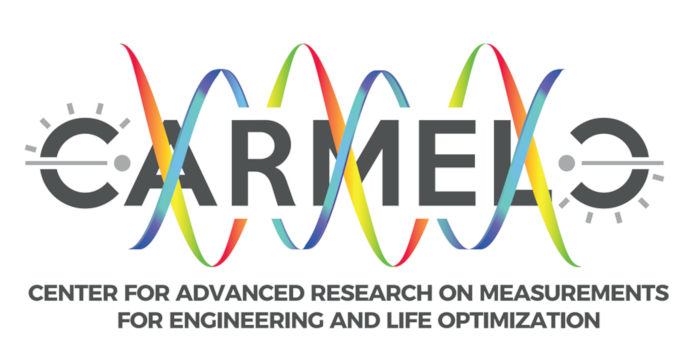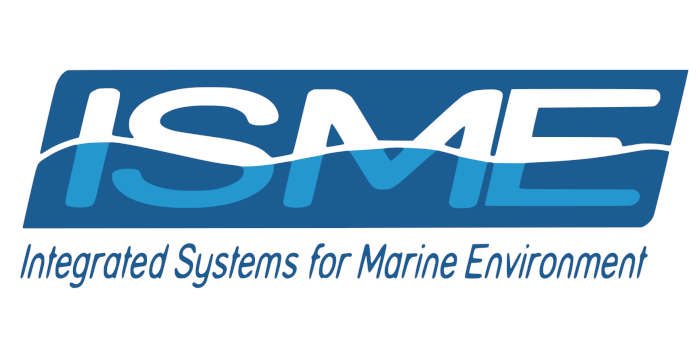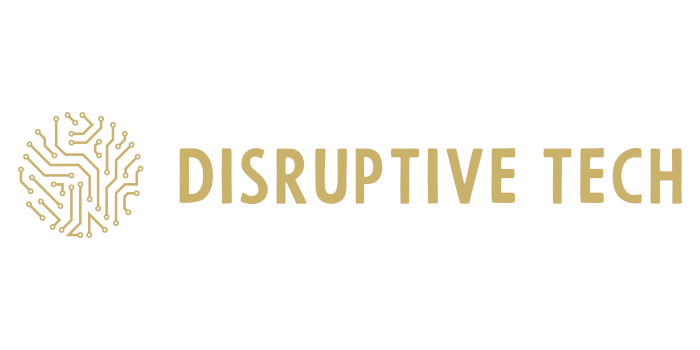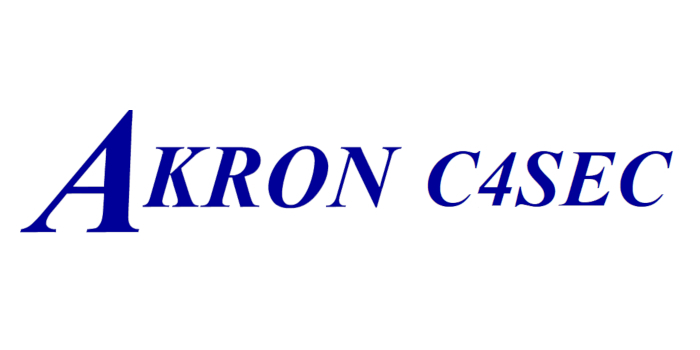ROUND TABLE
Artificial Intelligence for Intelligence Analysis
This roundtable aims to provide answers on the responsible use of artificial intelligence for intelligence analysis.
The roundtable will feature experts from the Italian Air Force and three academics discussing such a question from four complementary perspectives.
The roundtable will feature opening statements from each of the panellists, followed by questions, including from the public.
Panellists
Prof. Federico Cerutti is an Associate Professor at the University of Brescia, and Chair of the University of Brescia branch of the Italian National Cybersecurity Laboratory. He is a Rita Levi-Montalcini laureate, a highly prestigious fellowship from the Italian Ministry of Research with an acceptance rate lower than 8%. Previously, he served as Academic Director of the Data Science Academy of Cardiff University and as programme leader for the Master in Artificial Intelligence of Cardiff University.
He is serving as a member of the PhD Board for AI for Security course of the Italian National PhD Program in Artificial Intelligence, which trains researchers in the cutting-edge topics of Artificial Intelligence while ensuring an integrated and “complex” vision of the ecosystem of AI technologies and solutions. He is also an Honorary Senior Lecturer at Cardiff University (UK) and Visiting Fellow at the University of Southampton (UK). His research focuses mainly on artificial intelligence and nonmonotonic reasoning (especially argumentation theory) and decision support with uncertainty and trust. He attracted more than 1 million Euros combined in research funding, including projects funded by the US Army Research Laboratory (ARL) and the European Office of Aerospace Research and Development (EOARD).
Lt.Col. Maurizio D’Amato is ICT representative of the Italian Air Force Logistics Command. He graduated in 1997 from Italian Air Force Academy in Aeronautical Science and spent 10 years as a software developer and project manager in the Armed Force Data Center. He has served as member of a Command and Control System Dev Team and project manager in NATO Programming Center (Glons, Belgium) for 2008-2011. He was a Defence General Staff Officer for 4 years dealing with information systems projects. He is taking care of the management and coordination of innovation and data governance national events. He is coordinating the design and implementation of data management and data science projects with industrial support and collaboration. His main interests include a strong synergy and interdisciplinary expertise in innovation and programmatic aspects of development, interoperability, cybersecurity and evolution of information systems, operational digital services and IT infrastructures. He is currently head of the Digital Transformation Office in the 3rd Division of the Logistics Command.
Prof. Timothy J. Norman is Professor of Computer Science and Head of the Agents, Interaction and Complexity Group at the University of Southampton. He read Electronic and Electrical Engineering at University of Wales, Swansea, then graduated in 1997 with a Ph.D. in Computer Science from University College London in the area of AI planning and scheduling. After working as a postdoc at Queen Mary University of London, he moved to the University of Aberdeen in 1999 where he was promoted to Professor in 2009. He joined the Agents Interaction and Complexity Group at ECS Southampton in 2016. He is currently Head of ECS, a thriving school with a strong collaborative and interdisciplinary research culture that provides an excellent environment for high-quality research. He is also Director of the UKRI MINDS Centre for Doctoral Training (CDT), working with colleagues to deliver on our vision, building the CDT community and helping develop exceptional young researchers.
His research expertise is in multi-agent systems, specifically in the development of novel methods for learning and reasoning under uncertainty, enabling us to develop safe and trustworthy autonomous systems that work effectively with people.
Prof. Lauro Snidaro is an Associate Professor in Computer Science at the University of Udine. His main interests include Data/Information Fusion, Computer Vision, Pattern Recognition, Machine Learning, Multimedia, Video understanding. He actively publishes in international journals and conferences and has co-authored more than 100 papers. He was the appointed Italian member of the NATO Task Group on Information Fusion Demonstrator (TGonIFD) IST-038/RTG-016 for 2003-05, of the NATO Information Technology Panel Task Group IST-065/RTG-028 on “Information Fusion in Asymmetric Operations” (RTGonIFAO) for 2007-2009, and of the NATO Research Task Group on “Information Filtering and Multi-Source Information Fusion” IST-106-RTG-051 for 2011-2014. He is currently the appointed Italian member for the NATO Task Group on “Multi-Level Fusion of Hard and Soft Information” (IST-132) for 2015-17.
He cooperates with international industries and research centres and is involved in several international projects on multi-sensor data fusion. He has been invited speaker at international symposiums and meetings in Armenia, Bulgaria, Spain, United States. In 2011 he was program co-chair of the 16th International Conference on Image Analysis and Processing (ICIAP) and in 2019 he was program co-chair of the 22nd International Conference on Information Fusion.
He has co-organized several special sessions at the International Conference on Information Fusion and the IEEE International Conference on Advanced Video and Signal-Based Surveillance. He was the lead editor of the volume “Context-Enhanced Information Fusion – Boosting Real-World Performance with Domain Knowledge”, Springer, 2016. He is special issue organizer and “Fusion for Signal/Image Processing and Understanding” Area Editor of the Information Fusion journal (Elsevier). He is “High level fusion” Area Editor of the ISIF Journal of Advances in Information Fusion. He serves as a computer science project reviewer for the Italian Ministry of University and Research. He regularly serves as reviewer for 28 international journals and 26 conferences.
